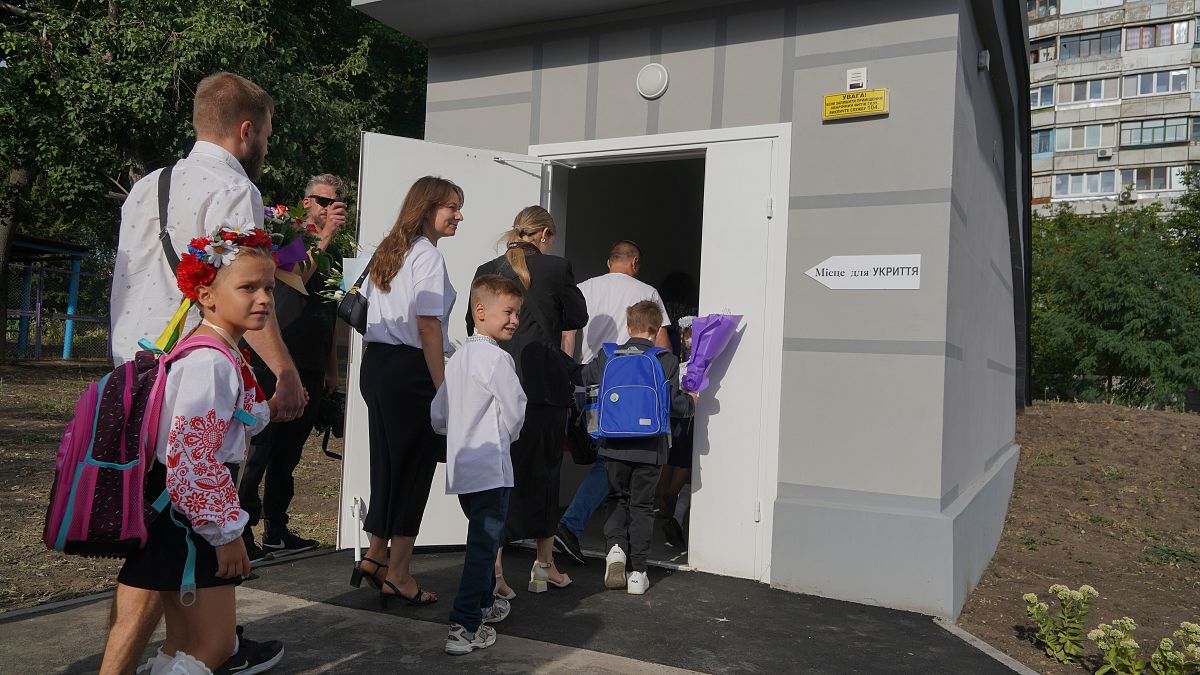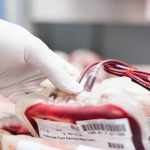As Ukrainian families continue to face the harsh reality of Russia’s ongoing assault, the determination to keep their children learning remains unwavering. The recent return to school for children across Ukraine, however, has been marred by the damage caused by Russian attacks. Many students found their classes canceled due to explosions, with some attending school in bomb shelters. Despite the challenges, parents and children are determined to continue their education.
In Kyiv, a mother arrived with her 7-year-old daughter, Sophia, for her first day at a new school, only to find it had been hit by the attacks. The mother recalled hiding in a bathroom with her daughter during a frightening night. Ukrainian President Volodymyr Zelenskyy, along with Dutch Prime Minister Dick Schoof, attended the opening of the academic year at an underground school in Zaporizhzhia near the front line. Schoof expressed his support for Ukraine and the children affected by the war, gifting copies of Dutch children’s books to Ukrainian students.
Many Ukrainians who fled to neighboring Poland have had to continue their studies remotely, without returning to a traditional classroom. However, a new Polish law now requires Ukrainian refugee children to attend school in person. Families who do not comply risk losing their monthly benefit, incentivizing attendance. The only exception is for students in their final year of high school, acknowledging the challenges of mastering the Polish curriculum and language in time for graduation exams. Poland, hosting a significant number of Ukrainian refugees, has implemented this law as a measure to ensure education continuity for refugee children.
The European response to the Ukrainian refugee crisis has been marked by solidarity and support for the children affected by the war. Dutch Prime Minister Dick Schoof underscored his country’s commitment to Ukraine by allocating over €200 million to support the country’s energy infrastructure amidst the ongoing Russian attacks. The gift of Dutch children’s books to Ukrainian students symbolized the cultural exchange and shared commitment to education despite the challenging circumstances. The refugee children in Poland are now navigating the transition to in-person learning, with the support of the Polish government and the international community.
Despite the challenges and setbacks caused by the conflict, Ukrainian families and children are resilient and determined to continue their education. The images of children attending school in bomb shelters and damaged buildings serve as a stark reminder of the impact of war on education. The international community’s response, from financial support to cultural exchanges, highlights the commitment to ensuring that Ukrainian children have access to quality education despite the ongoing crisis. As Ukraine faces continued attacks and displacement, the determination of families and children to learn remains a beacon of hope amidst the turmoil.


























